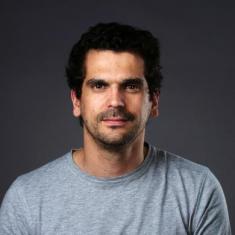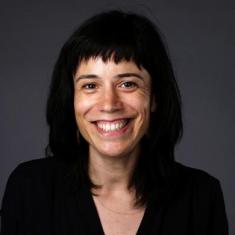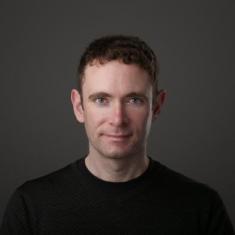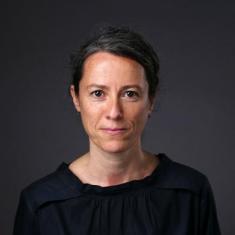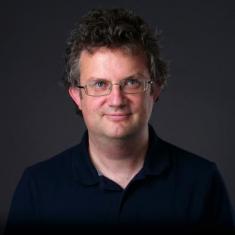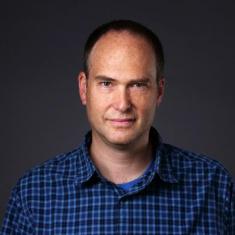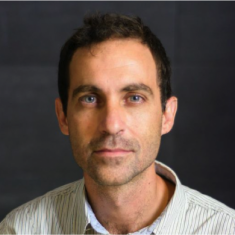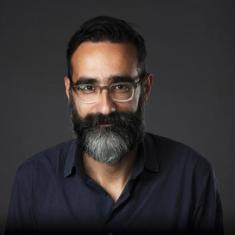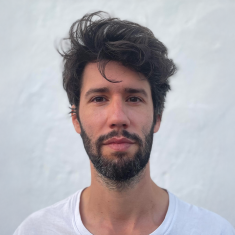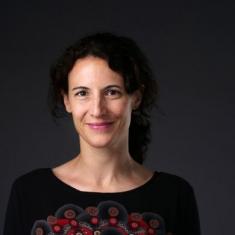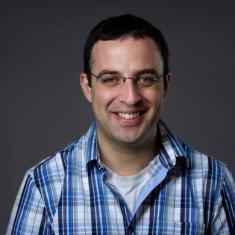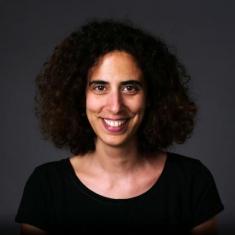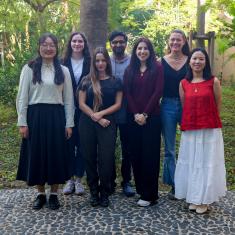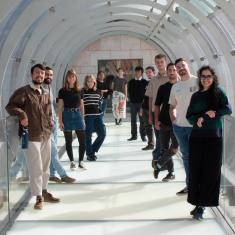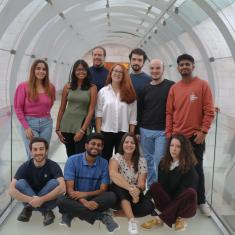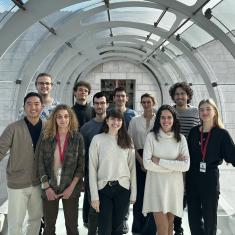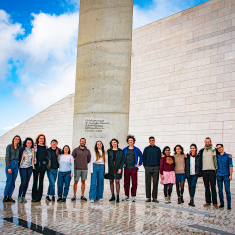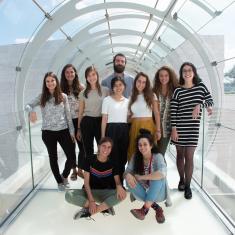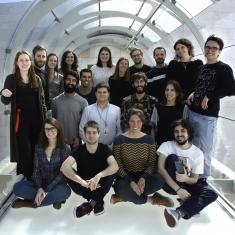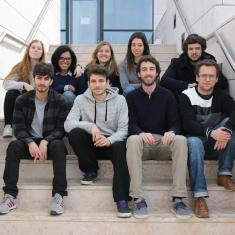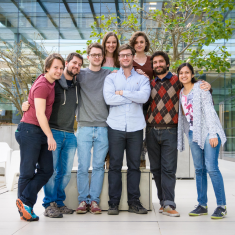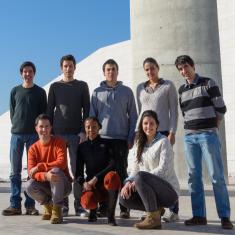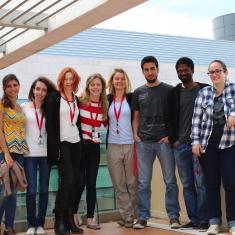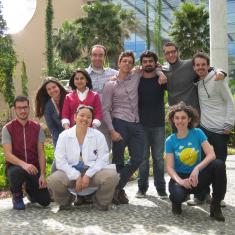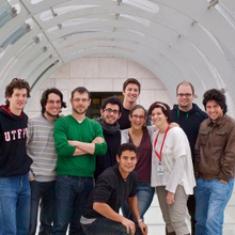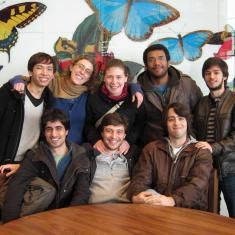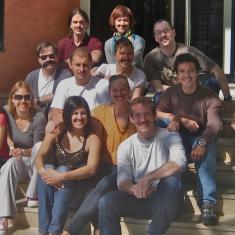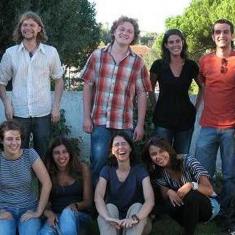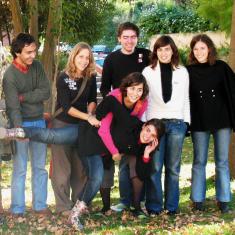- Graduate Training
International PhD in Neuroscience
Summary
Since 2007, the International Neuroscience Doctoral Programme (INDP) at the Champalimaud Foundation has offered graduate students a comprehensive, multidisciplinary training that equips them to make original and significant contributions to the field of Neuroscience.
The Programme is designed to accommodate students with diverse backgrounds and training.
The first year starts with an orientation programme and ~4 months of intensive coursework, to get students up to speed with fundamentals of neuroscience, quantitative approaches and programming basics, and modern neuroscientific experimentation.
In the second half of the first year, students complete three hands-on, six-week rotations in labs of the INDP Faculty members, before choosing their thesis laboratories.
We seek talented students to work in a supportive, inclusive, and collaborative environment that trains individuals to participate in the process of scientific inquiry leading to discoveries. Emphasis is given to diverse thinking, positive behaviour, and well-being as core elements for creativity, critical thinking, and leadership.

Our Team
INDP
The INDP Programme consists of 16 faculty labs and five affiliated labs.
Neuroscience PhD Programme Directors: Megan Carey and Memming Park
Graduate Studies Office: Isabel Palmeirim (Director of Education) and Penka Girginova
Please reach out to appindp@research.fchampalimaud.org with questions about the programme.
What we offer
INDP
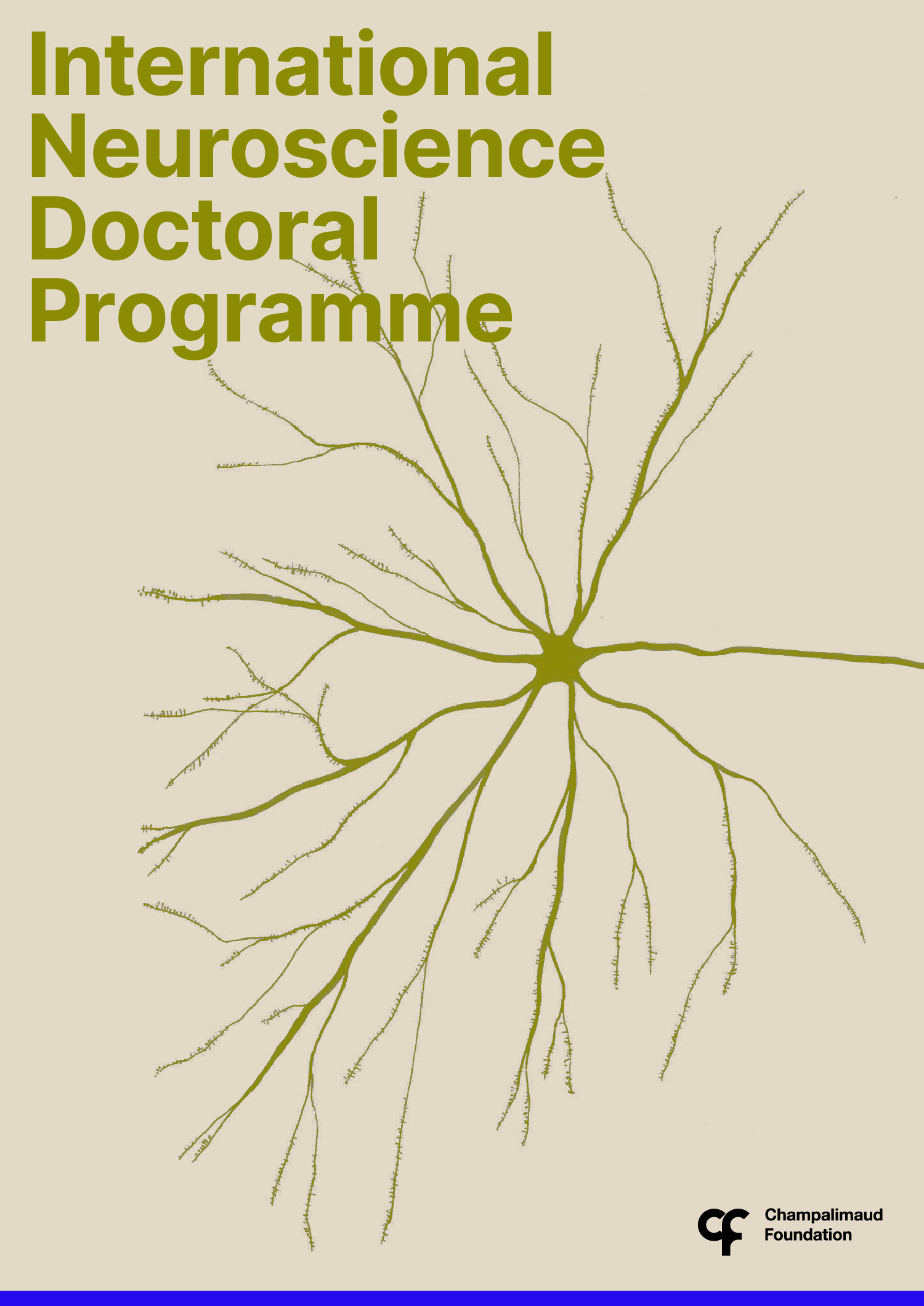
Each PhD student will receive:
- A fully-funded position up to a maximum of 5.5 years (internal and/or external funding, ie, FCT, La Caixa, Marie-Curie, among others). This includes a monthly stipend (e.g., in 2025, €1,484 for the first year and €1,669 after joining a lab), along with annual tuition and academic fees;
- A curricular plan involving intense training in Neuroscience with classes and lab rotations in the first year;
- The chance to choose the PhD research project and supervisor. Get access to the full list here.
- Support by a thesis committee (selected by the students and supervisor) that monitors the progress and provides input, composed by two Faculty members other than the supervisor;
- Enrolment in a leading European research institute with a strong International environment;
- Access to cutting-edge research labs in Neuroscience and specialised technical platforms;
- A vibrant academic environment, including weekly research and clinical seminars. Access to a wide range of workshops;
- An installation fee to support your relocation to Portugal. A buddy programme and an orientation week to welcome you to the CR;
- Support throughout the PhD with administrative affairs (fellowship renewal, thesis submission, etc.) and other issues. Additionally, financial support of €1400 for purchasing a laptop, coverage for an annual trip back home, and comprehensive health insurance, including mental health coverage;
- An active PhD student community involved in the organisation of seminars/courses and social activities.
Admission Requirements
INDP
Applicants must have:
- A Master’s degree and/or a 4+ year undergraduate degree by the time classes start;
- The ability to tackle complex intellectual challenges, to learn new skills and ways of thinking and to work passionately as part of a research team;
- Undergraduate training in a related field; quantitative backgrounds (e.g. physics, mathematics, computer science) are especially relevant;
- High proficiency in the English language is crucial for the applicant’s success since this is the official language at Champalimaud Research.
Application process:
- Candidates will be evaluated by their Curriculum Vitae, letter of motivation and letters of recommendation;
- Top evaluated candidates will receive an offer to pursue a PhD at Champalimaud.
Timeline
INDP
2026 application timeline
Open call for applications: 2 December 2025 - 4th February 2026 (EXTENDED DEADLINE)
Interviews and open house: 25-26 February 2026
Final results: End of March 2026
2026 Classes start: September 2026
Inquiries regarding applications should be sent to: appindp@research.fchampalimaud.org

Our Students
Since 2007
Testimonials
What our students have to say
I love the structure of the INDP program. In the first year, we have enough time to explore the institute and discover our interests through the PIs’ classes and three lab rotations. The weekly lectures and happy hours give us space to share ideas, connect with others, and feel part of a friendly, supportive community."
Mengjiao Zuo, 2025 INDP student
"A wonderful programme with an inclusive community, passionate scientists and caring friends -- I thrive like never before! "
Ariel Xu, 2025 INDP student
"I was told that Champalimaud will open doors for you. I was unaware of how true that statement rained until I walked through the front entrance. This community is supportive in more ways than I have ever been exposed to before. The environment is welcoming, the faculty is helpful, and the facilities are pristine. Every morning, I walk past the sign on the front lawn that reads "Champalimaud Foundation Center for the Unknown" and walk up to this magnificent architectural landmark--so grateful for the opportunity I have been given to work at an outstanding institution and be able to contribute to the field of neuroscience in hopes of uncovering the unknown."
Dunya Assaf, 2025 INDP student
"One of the standout aspects of this graduate program is the opportunity for students to engage in small group discussions with a variety of researchers. These intimate settings promote deep learning, and meaningful exchanges that greatly enhance the academic experience.
Shahar Haim, 2024 INDP student
"The first few months at CCU have been incredibly welcoming; everyone cares about you, what you have to say, and what you are interested in. And despite challenges people face, there is a strong community here and lots of support from others.
Anna Beltramini, 2024 INDP student
"I am really enjoying the practical and coding elements of the course, which help us immediately apply the theory we have been learning. It is exciting to have a peep into different and unfamiliar fields; my horizons have been really expanded.
Joseph Tutt, 2024 INDP student
